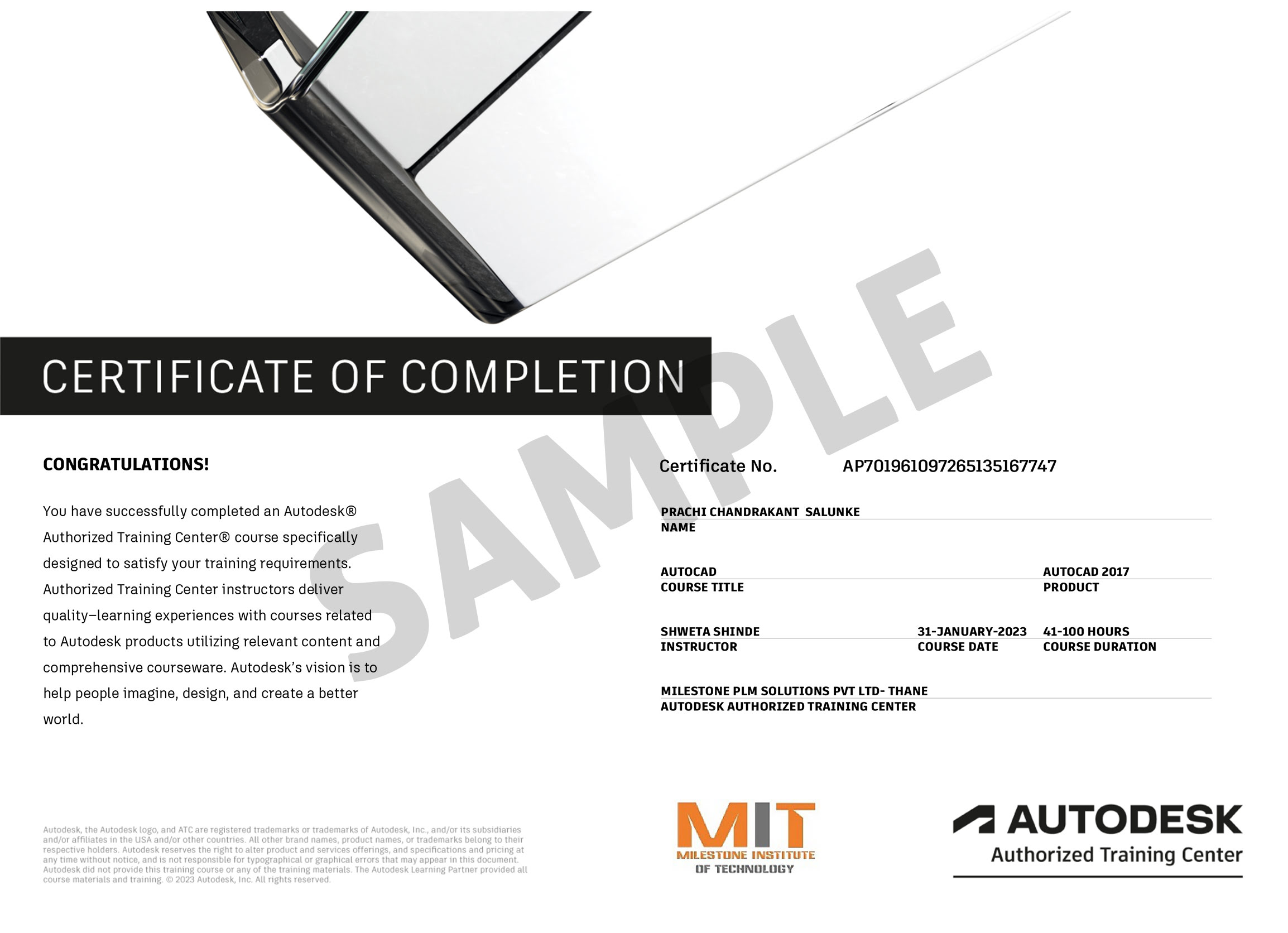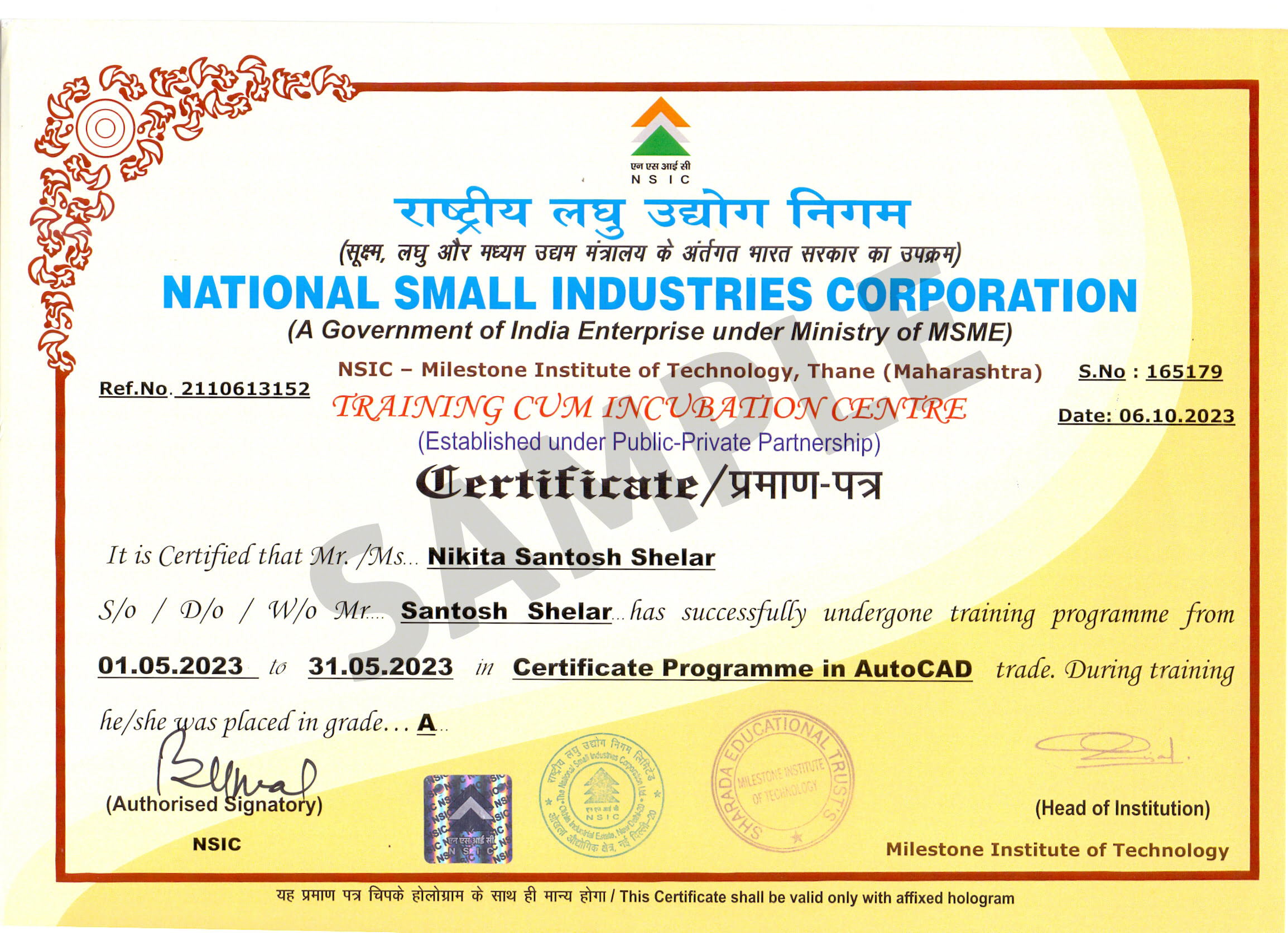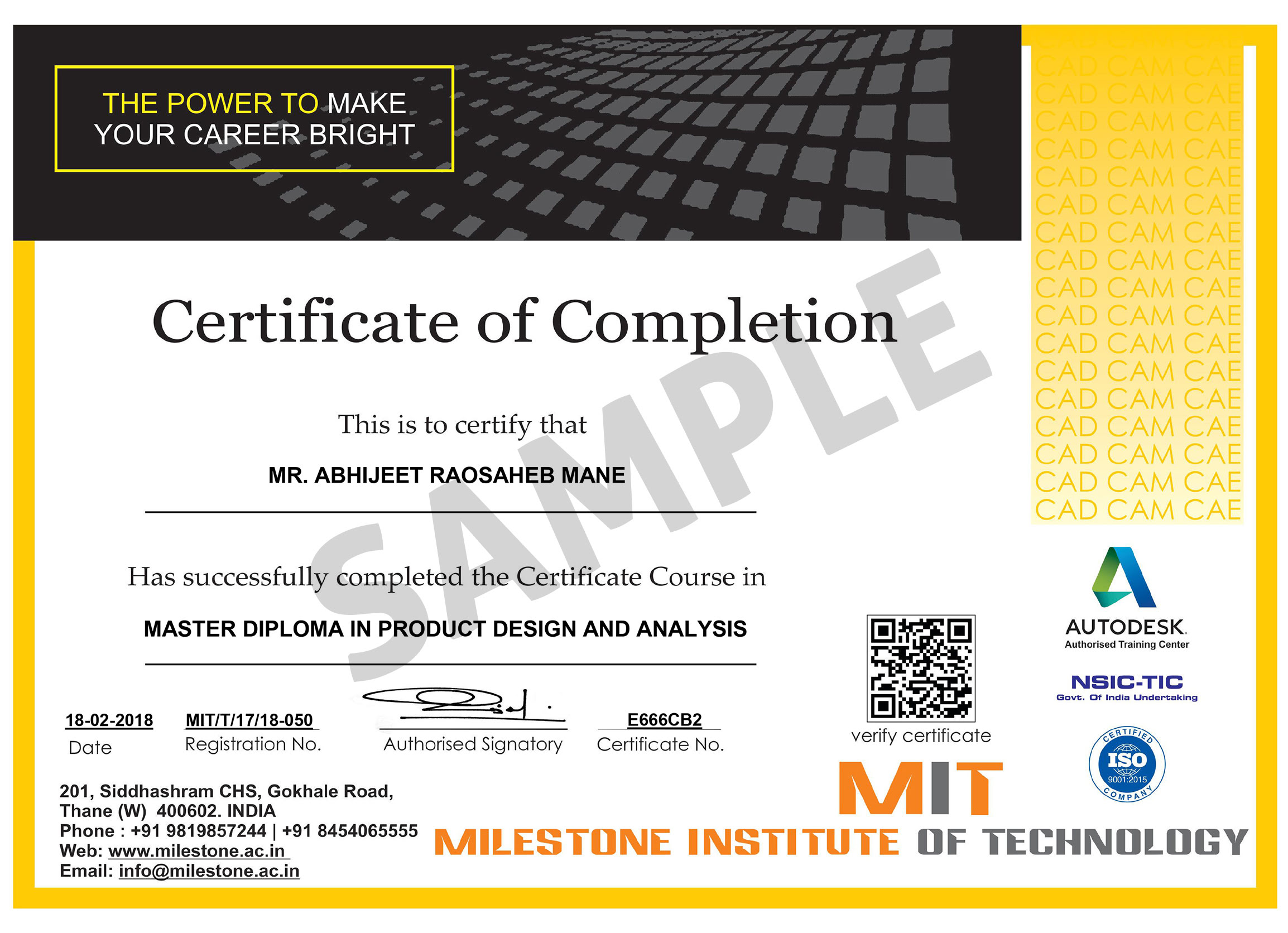Full Stack Development With Java Course
Introduction of Full Stack Development with Java Course
The Full Stack Development with Java Course is a comprehensive program designed to equip students with the skills needed to build and manage modern applications. It covers a wide array of technologies and offers practical knowledge to prepare for diverse applications in various domains.
Technologies Covered:
Frontend Development:
HTML5: Structuring web pages with semantic elements.
CSS3: Styling web pages with advanced designs and layouts.
JavaScript: Adding interactivity and dynamic content to websites.
React: Building responsive and dynamic user interfaces.
Backend Development:
Java: Core programming language for robust applications.
Spring Boot: Framework for creating scalable, production-ready applications.
Database Management:
SQL: Working with relational databases.
MongoDB: Managing NoSQL databases for flexible data storage.
Objectives:-
After Full Stack Development Course student will be able to:
- Develop web applications using the latest frontend and backend technologies.
- Create REST APIs to connect frontend interfaces with backend services.
- Design and implement enterprise-level applications for large-scale use.
- Build cloud-based applications for scalability and global reach.
- Understand applications in the various domain such as healthcare domain, Educational platform, Iot Applications etc.
Who Should Enroll:
This course is ideal for students or professionals aiming to:
- Start a career as a Full Stack Developer.
- Upgrade their skills in web development, cloud technologies, and enterprise applications.
- Enter specialized domains like healthcare technology.
1) HTML5/CSS3
- Introduction to html5
- Semantic html
- Forms and input elements
- Media elements
- Tables and lists
- Html5 apis and advanced features
- Css3 basics and styling
- Attribute selectors and styling basics
- Css box model and pseudo-classes
- Positioning and advanced selectors
- Css flexbox and grid layout
- Css transitions, animations, and responsive design
2) Javascript
- Introduction to javascript
- Operators and conditionals
- Loops and iteration
- Functions
- Arrays
- Objects
- Dom manipulation
- Events
- String manipulation
- Error handling
- Fetch api and promises
3) Java And Spring Boot
- Java full stack subjects and topics in the syllabus
- Java Introduction:
- Origin, History, Features, Career Prospects, Salary Ranges
- Java Basics & Eclipse:
- Installation
- Compilation
- Variables
- Arrays
- Eclipse Usage
- Operators & Expessions:
- Arithmetic
- Boolean
- Logical, Binary
- Control Statements:
- Branching
- Iterative
- Break & Continue Statements
- Java OOP:
- Class/Object Fundamentals
- Constructors, Overloading, Access Control, Statics
- Inheritance: Basics, Method Overriding, Abstract Classes, Preventing Inheritance
- Exception Handling:
- Fundamentals, Types, Try-Catch Blocks, Throw & Throws Keywords, Predefined & User-defined Exceptions
- Interfaces: Purpose, Definition, Implementation, Extending
- Multi-Threaded Programming:
- Basics, Thread Definition, Synchronization
- Predefined Libraries:
- String, java.lang, Data & Time, Utility & Collection Frameworks, I/O
- Database Programming:
- JDBC Overview, Drivers, URLS, Connection Establishment, SQL Execution
- Server-side Programming with Servlets:
- Deployment, Lifecycle, Request & Response Handling, Session Tracking, JDBC Operations
- Java Server Pages (JSPs):
- Basics, Differences from Servlets, Running, Implicit Objects, Syntax, Beans
- Spring:
- Bean Management, Dependency Injection, AOP, MVC
- Spring Boot:
- Introduction, DI, MVC, Security, OAuth2 Authentication
- Spring Web Services:
- Introduction, REST Basics, Spring REST
- DevOps Tools:
- Git, Maven
- Design Patterns:
- Creational & Behavioral Patterns
4) React
- Overview of react and its benefits.
- Setting up a development environment.
- Understanding jsx syntax.
- Functional vs. Class components.
- Props and state management in react.
- Introduction to usestate.
- Event handling in react.
- Controlled components and handling user input with forms.
- React router basics:
- Setting up routes.
- Simple navigation using link.
- Reusable components.
- Component lifecycle methods
- Use effect for side effects.
- Forms with validation techniques.
- React router: Nested routes, parameters, and query strings.
- State management with redux:
- Actions, reducers, and store setup.
- Connecting react components to redux.asynchronous actions with redux thunk
- Advanced hooks:
- Use context and creating custom hooks.
- Performance optimization:
- Advanced react router:
- Fetching and integrating external apis in react.
5) Structure Query Language (SQL)
- Introduction to SQL
- DDL vs DML
- DQL
- Built in SQL Function
- Joins and Sub Query
- Stored procedure and triggers
- Window functions
6) MongoDB
- Introduction to MongoDB
- MongoDB basics
- Crud operations
- Basic querying
- Cursor and pagination
- Advanced querying
- Indexing basics
- Aggregation framework
- Schema design
- MongoDB administration
- MongoDB tools
7) Project Work
Throughout the course, students may be required to complete several projects that demonstrate their understanding and ability to apply the concepts learned. This might include:
- Developing a web application that incorporates user authentication, data storage, and dynamic content.
For More Details – Contact Us.
Specialities of MIT
- 100% Job Guarantee On Master
- Goverment Authorised Center
- Individual Training
- Autodesk Authorization
- Industry Oriented Syllabus
- Opportunity To Work On live Projects
- Training by Industry's Expert
- Job and internship Assistance
- 1350+ Google Reviews
- Free E-books
- ISO Certified Institute
Autodesk certificate

Central goverment certificate

Milestone institute of technology certificate

